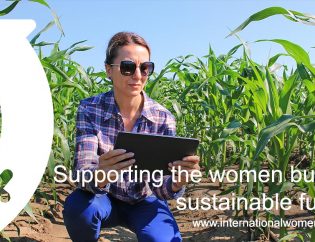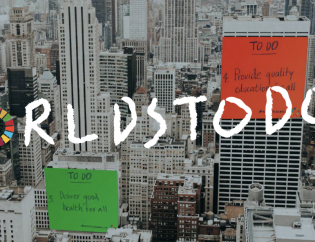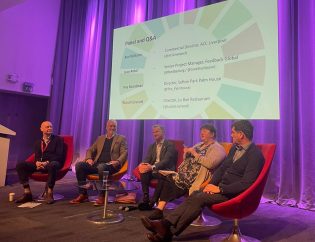
Last month, world leaders, business representatives, community activists and climate experts came together in Sharm El-Sheikh, Egypt for the 27th United Nations Conference of Parties on Climate Change (COP27) to discuss and negotiate strategies for addressing climate change. In this article, we will take you through some of the key discussions, outcomes and expectations for COP28. We will also share our Director and carbon expert, Stephen Sykes’ experience from the ground at COP27.
One of the main goals of COP27 was to finalise the implementation guidelines for the Paris Agreement, which was signed by nearly 200 countries in 2015. This agreement aims to limit global warming to well below 2 degrees Celsius and to pursue efforts to limit it to 1.5 degrees Celsius. Another key focus of COP27 was on increasing climate action and ambition. Many countries have made ambitious pledges to reduce their greenhouse gas emissions. COP27 provided a platform for countries to showcase the progress they have made and to announce new, even more, ambitious targets.
In addition to high-level negotiations, COP27 also featured a variety of events, panels, and exhibitions focused on climate action. These events provided opportunities for individuals and organisations to learn more about climate change and get involved in the fight against it.
The conference saw an important development in the launch of a new “loss and damage” fund for vulnerable, developing countries. This represents an important step towards climate justice and a truly historic moment as developing countries are particularly vulnerable to the devastating effects of climate change. The fund is expected to help alleviate “losses arising from droughts, floods, rising seas and other disasters that are attributed to climate change”.

Although we can recognise the outcomes of COP27 as an important milestone in the global effort to address the climate crisis, it is also crucial that we draw focus onto the private sector and how businesses need to work harder if we are to significantly reduce carbon emissions.
Stephen Sykes comments “Governments are trying to roll back but civil society, youth and quite a lot of businesses that attended the conference were actually in favour of keeping the goal of carbon emissions being well below 2, ideally, 1.5 as set out in the original commitment”.
When asked about his expectations for COP28, Sykes emphasised his concern over greenwashing as the conference will be hosted by a nation which relies heavily on oil and gas exports. This is potentially where we will see a conflict of interest next year, as fossil fuel-dependent businesses and states could try and dilute or reduce action as a result of self-interest. Sykes reiterates “If we need action fast, the private sector needs to be on board.” He reinforces the need for the private sector as non-state actors to have a greater contribution to these decisions as it can move faster and more effectively than governments, mobilising the supply chain.
What can businesses take away from COP27?
The conclusion we can draw from these observations is that there must be a higher focus and sense of urgency in reducing emissions. This is something independent of legislation and government efforts, in fact, businesses can and must take accountability for their impact. As for local organisations, 2030hub has supported both the public and private sectors in a variety of industries in their journey towards sustainability, developing carbon reduction plans and helping them minimise their impact on the environment.









